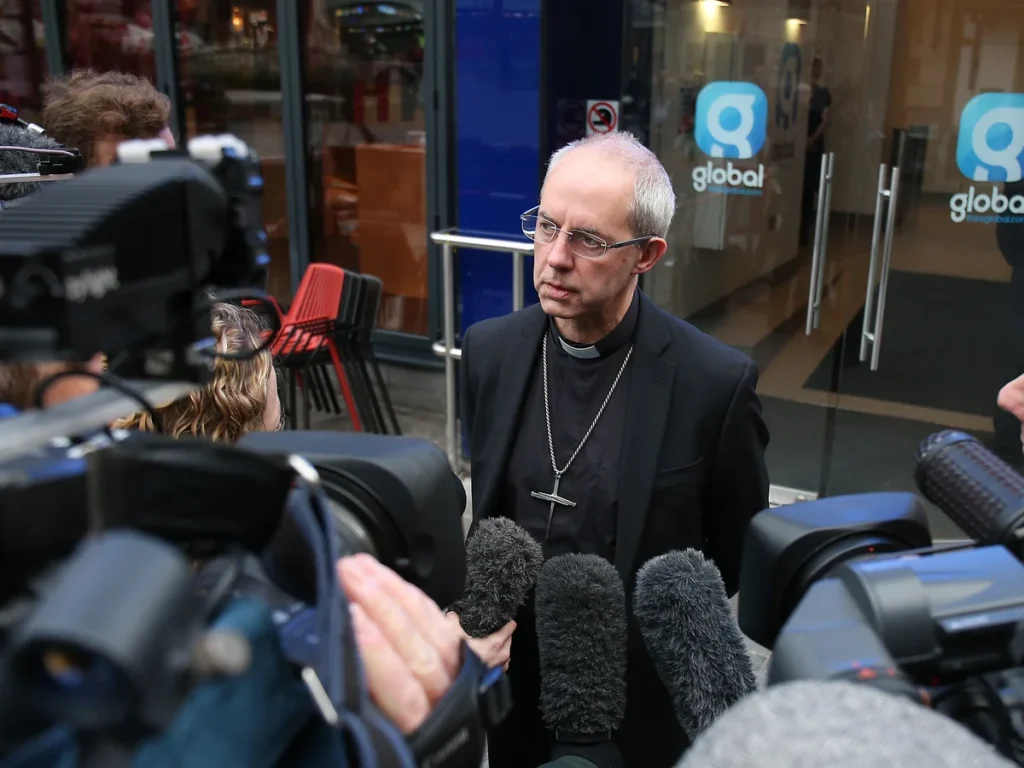An independent report has revealed decades of hidden abuse within the Church of England, with barrister John Smyth QC, accused of violently abusing over 100 children and young men. The Archbishop of Canterbury has publicly apologized, describing the abuse as “unimaginable.”
Uncovering a Dark Chapter in Church History
The recently published report identifies John Smyth QC, who passed away in 2018, as the Church of England’s most prolific abuser. Smyth’s actions involved severe physical abuse, mainly targeting boys he met at evangelical summer camps in Dorset during the 1970s and 1980s. Despite internal reports from as early as 1982 by the Iwerne Trust, which labeled the abuse “horrific,” the allegations were concealed and not reported to police until 2013.
Smyth’s victims were primarily young men from leading public schools, particularly Winchester College. The report details how Smyth abused these boys in his garden shed, subjecting them to brutal lashings as part of his twisted view of “discipline.” The Iwerne Trust documented that eight boys alone received 14,000 lashes, while two others suffered 8,000 strokes between them over three years.
Long-Delayed Justice and Church’s Failure
Although Smyth’s actions were known within church circles, he was encouraged to leave the UK in the early 1980s, moving to Zimbabwe without facing legal action. The report criticizes Church officials for failing to report Smyth, who continued his abuse in Africa. In Zimbabwe, he faced manslaughter charges over a young boy’s death at one of his camps but was never convicted.
Keith Makin, who led the independent review, condemns the Church’s inaction, highlighting a missed opportunity to hold Smyth accountable. “From July 2013, the Church of England knew, at the highest level, about the abuse that took place in the late 1970s and early 1980s,” he stated. “John Smyth should have been properly and effectively reported to the police.”
Acknowledging the Church’s Failings
Archbishop of Canterbury Justin Welby expressed deep regret following the report’s release, acknowledging the “unimaginable” suffering endured by the victims. “I am so sorry that in places where these young men, and boys, should have felt safe and where they should have experienced God’s love for them, they were subjected to physical, sexual, psychological, and spiritual abuse,” Welby said.
He further admitted his personal shortcomings in overseeing the investigation when the allegations resurfaced in 2013. While Welby reassured that such abuse would not be possible under modern safeguarding practices, he acknowledged the Church’s historical failures and its responsibility for what he described as “horrific” oversights.
Calls for Accountability
The report’s publication has sparked debate over whether church leadership should face consequences. One of Smyth’s victims, Mark Stibbe, has publicly called for Archbishop Welby’s resignation, describing the scandal as too painful to ignore. “There’s so much shame, so much pain, so much agony associated with this,” Stibbe stated.
The Church’s safeguarding leaders, including Bishop Joanne Grenfell, offered a joint apology, saying, “We are deeply sorry for the horrific abuse inflicted by the late John Smyth and its lifelong effects.” They acknowledged that, “There is never a place for covering up abuse,” a sentiment echoed by the report, which condemns past efforts to downplay Smyth’s actions as mere “over-enthusiastic corporal punishment.”
The Struggle for Closure
While the report provides long-sought answers, the revelations have left many struggling to reconcile with the past. Bishop Andrew Watson, one of Smyth’s known victims, voiced hope that the report would offer some measure of relief to others affected. “The report won’t make for easy reading,” he said, “but it’s my hope and prayer that it might bring at least some measure of relief.”
The Church’s response, though delayed, reflects an effort to prevent similar abuses in the future. As the Church of England commits to transparency and accountability, the victims of Smyth’s abuse are left with painful memories, and a lingering hope that no child will ever endure such horrors within the institution again.
Sources:
Church of England, Iwerne Trust, Archbishop of Canterbury, Independent Review
credit












